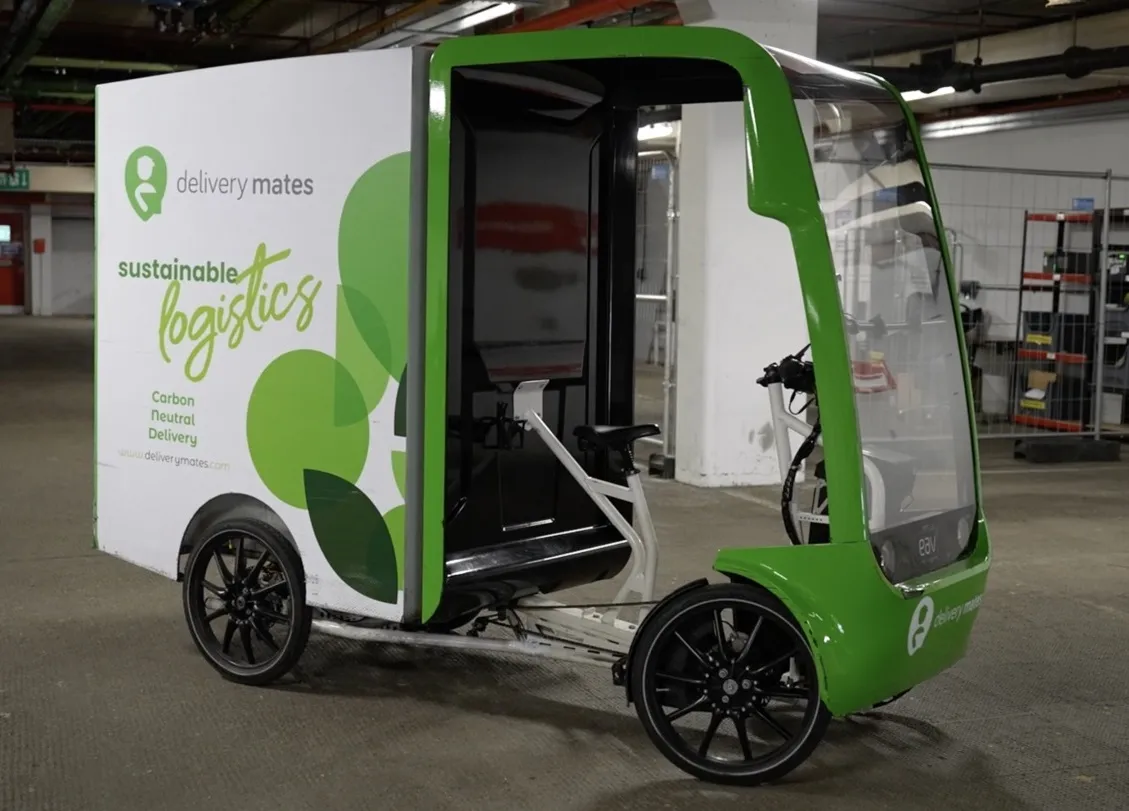
Companies across the globe are continuing to boost the move towards electric vehicles (EVs) by amping up local infrastructure.
The type - and scale - of approaches reflects the needs of cities and countries with vastly differing geographies and demographics.
In perhaps the most ambitious-sounding recent announcement, clean energy company Sunseap has established a mobility business called Charge+ with the aim of installing 10,000 EV charging points across Singapore by 2030.
Sunseap CEO Frank Phuan says: "Its roll-out plan, the largest to date for Singapore's EV sector, will help spur the adoption of EVs in the country. Such smart city technology is the way forward if we are to make our city a greener and healthier place."
Sunseap says the investment supports Singapore's plans to completely phase out internal combustion engine vehicles by 2040.
Charge+ will aim to install charging points in public housing estates and private developments as well as commercial and industrial buildings.
As part of the deployment, it is developing a narrow charger specifically designed for use in existing car parks.
The solution forms part of a cloud-based management system that remotely controls and monitors all EV chargers nationwide.
Charge + chairman Ong Tze Boon says: "Charge+'s proprietary ultra-slim changer, designed by Singapore for the Singapore market, will facilitate EV adoption across many existing car parks.”
Additionally, Charge+ is to provide a mobile app to help drivers locate available EV chargers and pay for the service.
Similar efforts to make EV charging more accessible are happening in the UK capital.
In a recent move, oil and gas giant Total announced it is now managing and operating Source London, an EV charging network which includes more than 1,600 on-street charging points.
Total says Source London was developed in cooperation with London boroughs and currently represents more than half of the charge points in the city.
It intends to power this charging network with electricity from renewable sources which will be supplied by its subsidiary Total Gas & Power.
Alexis Vovk, president, marketing & services at Total, says: “By combining today these existing infrastructures with Total’s know-how in terms of installation, operation and management of public EV charging networks, we are starting a new phase, supporting the expansion of electric mobility in London.”
Meanwhile, in the US, Electrify America is installing EV charging stations at travel stops in Oklahoma, New Mexico, Utah, Florida, New York and Arizona.
The seven charging stations will offer a combined 28 EV chargers at locations owned by Love’s Triangle Stops.
Electrify says Love’s customers will have access to chargers ranging in power from 150 kilowatt (kW) to 350 kW depending on the location.
According to Electrify, EVs capable of accepting a 350kW charge can add up to 20 miles of range per minute, helping to alleviate range anxiety that many consumers associate with EV road trips.
Rachel Moses, senior manager for site acquisition, development and strategy at Electrify, says: "Providing EV drivers with the opportunity to charge their vehicles at Love's locations will help instill confidence for longer interstate trips, and can encourage more consumers to consider making the switch to electric."
The EV chargers will be available to the public by early 2021.










